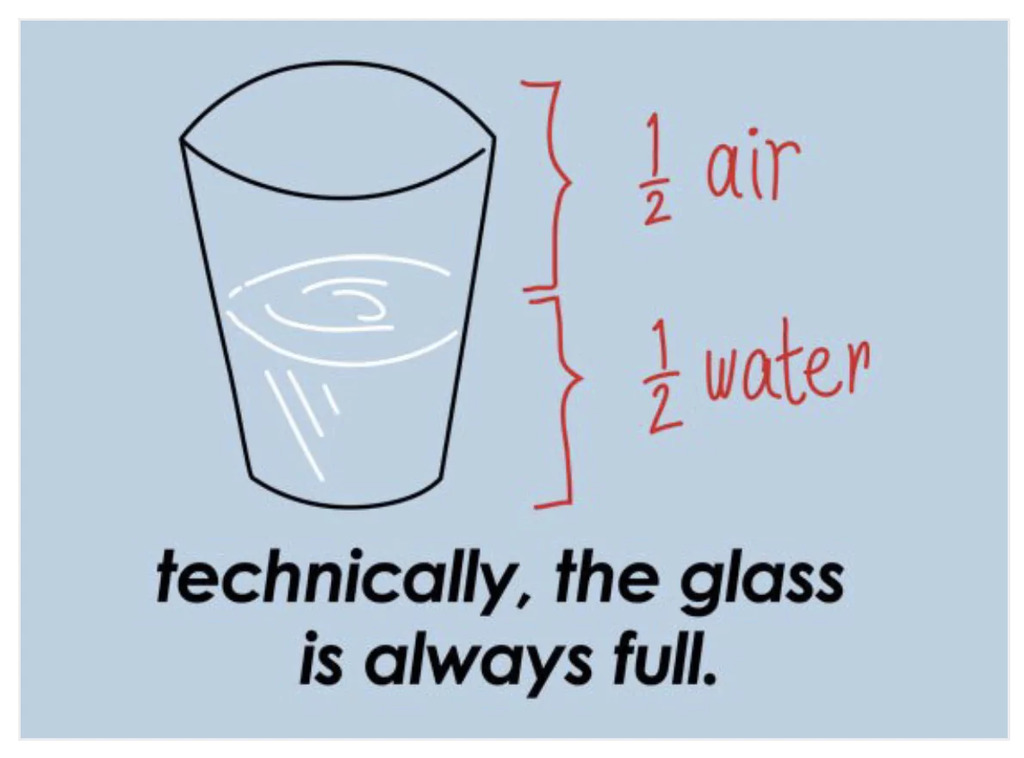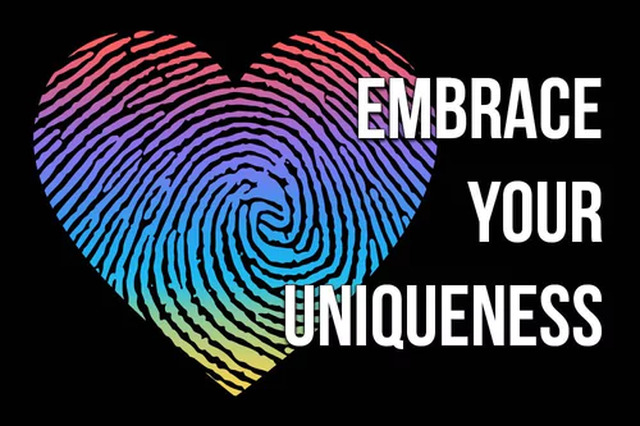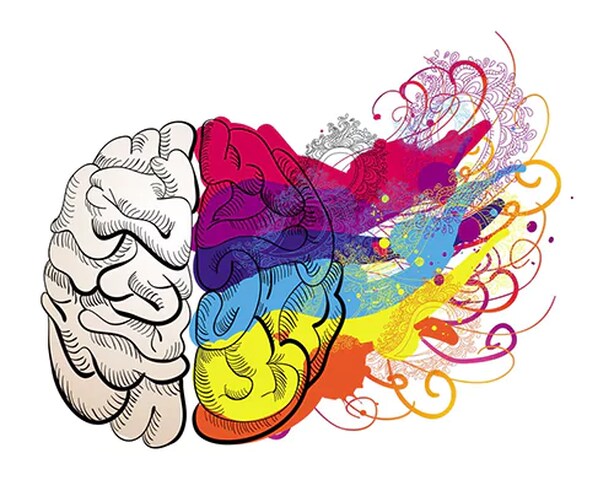By using our website, you agree to the use of cookies as described in our Cookie Policy

I recently attended a good friend's engagement party, where I learned a very valuable lesson.
After an hour of socializing outdoors, my wife, Dr. Shelley Farin, and I decided to walk inside the home to cool down with the air conditioning. When inside, Shelley accidentally spilled some of her water onto the floor. I immediately grabbed a napkin from a table that my friend’s grandparents were sitting around. I did not want anyone to slip on the wet floor, so I made sure to dry it really well.
Both Shelley and the grandparents were watching me closely as I got down on one knee to clean the floor. While rising to my feet again, I gave everyone a smile while simultaneously throwing the dirty napkin—which I had by then crumpled up in my hand—onto the center of the table, next to the floral arrangements. I remember thinking that it was a great throw and feeling confident that I was doing the right thing. For starters, I had made sure that no one would slip on the wet floor. And besides that, I threw the dirty napkin as far away as possible from the people who were eating at the table. Success!
However, as if in slow motion, I watched everyone's eyes follow the napkin to the center of the table. Then my friend's grandmother started to say something in Spanish. Although I do understand Spanish, I could not fully hear her over the sound of the loud conversations happening in the room; I thought she was thanking me for cleaning the floor. However, I noticed my friend's grandfather growing increasingly upset as he also spoke out to me during this time. He spoke in English with a European accent, and he was making himself very clear. He strongly stated, maybe even yelled, "You should be ashamed of yourself for throwing a dirty napkin onto our table!" I was instantly shocked, then humbled, as I began to understand what my good intention had caused. I looked at Shelley and noticed that she appeared quite shocked as well. I gave the grandfather a look to convey that I knew I was wrong, then apologized as Shelley and I walked away.
Once we got back outside, Shelley and I talked about what had just happened. We laughed in appreciation for the message we both took from the experience. We realized that although I had attempted, with good intention, to do something helpful, it did not turn out the way I thought it would. Had I given more thought to the situation, I would have realized that it was not a good idea to throw a dirty napkin on another person’s table. In hindsight, I realize that I should have sought out a garbage can. But along with the feeling that I could have done things differently comes the realization that I was given an opportunity to learn a valuable lesson.
Although my experience took place in its own unique context, it reminds me of different conversations I have with my clients, in which we discuss their “ineffective solution attempts.” These are attempts to solve a particular problem by implementing a specific solution, but this solution either does more of the same or contributes to other problems. It is very important to reassess our solution attempts for change, and to make sure that we do not stubbornly stick to our initial efforts, especially if we are not getting the results we want. As I shared in the story above, sometimes the right intentions deliver unintended results. So we ought to learn from our ineffective solution attempts and do our best to implement changes that will bring different results!
‹ Back














